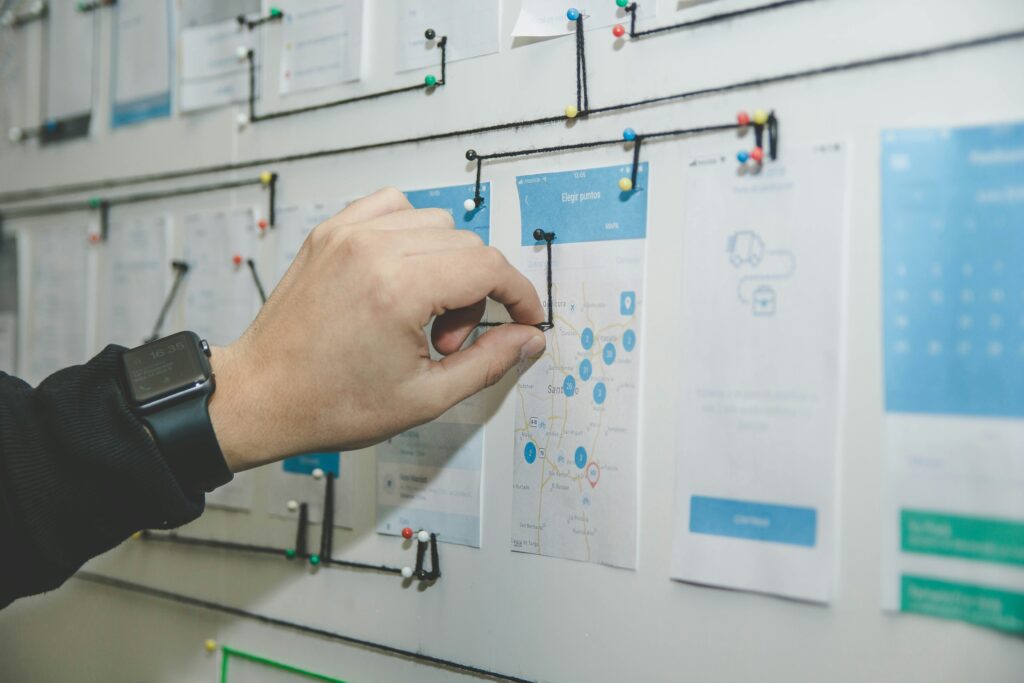Five tales of ethics and death
Many tragedies call for justice
All through the fall, winter, and spring, the house next door to mine stood vacant, a mute testimonial to the wonderful woman who lived there, who died Sept. 11, when the plane she was on became the first to slam into the World Trade Center, beginning the public horror of that day.
She had told me, just days before leaving to go back East, that she was going only because she had promised friends to continue a long tradition of a month-long vacation with them at a familiar beach house. This was going to be her last trip, she said. She didn’t want to do it again.
Then a family emergency forced her to cut short her vacation and get on American Airlines Flight 11, a plane she was never supposed to be on. She was one of more than 3,000 people to die so publicly that day.
But everyone dies alone, no matter how many people die at the same time or how many people are watching. Each death is intensely personal to the individual and tragic to the family. We, as observers, see the horror in mass death, but the individual makes the final journey alone. Each death, especially an untimely death, is tragic in and of itself.
The actions of Sept. 11 were so overwhelmingly wrong that to even start an ethics discussion about whether they could be justified — and why they couldn’t — would result in conclusions too obvious to be worthwhile.
Instead, I want to talk about four other houses in the city where I live. They, too, stand empty. Their occupants died just weeks ago. All lived alone. All were elderly. We live in a place where the summer daytime high temperature is almost always above 100 degrees and often closer to 115, if not higher. Each one of these people died of hyperthermia when the temperature in the house rose as high as 140 degrees. All had air-conditioning. None of them was using it.
Faced with the decision of whether to buy medicine, food, or electricity, they picked the first two and tried to live through the summer heat without having to spend precious resources on our extortionary electric rates. This was a choice no one should have to make — choosing which means of neglect would kill them: heat, hunger, or lack of medicine.
Those of us who live in California now know that our electricity shortages and rising rates were the direct result of manipulation by Enron and its corrupt and greedy gang of executives. We know that if those rates had not risen astronomically, these elderly people most likely would not have been faced with the ultimate dilemma.
So, who killed these four people? A corporation? People? “Evildoers”? All of the above? But more important, who will be brought to justice for their deaths? Will anyone?
So far in our national pursuit of those responsible for corporate corruption, we’ve seen a few high-profile people charged with crimes. But as my local newspaper reminds us in each crime story, being charged doesn’t mean someone will be found guilty. Rich people can afford expensive lawyers, and expensive lawyers win cases.
My suspicion is that although some people will be charged with accounting crimes, no one will be charged with the deaths of these four people. Despite the fact that executives wantonly exploited the market and should have known that this result could come about, my bet is that no one will be held accountable.
We’re already holding people accountable for the death of my neighbor who perished on Sept. 11. “Dead or alive,” the promise was and, although still unfulfilled, it was a comfort to those who were suffering. No one has made that same promise for the four people who died from lack of sufficient funds to buy overpriced electricity. This leads me to wonder whether their deaths are less important or less tragic.
I can understand how someone can use a twisted ideology to attack people he sees as enemies. I can’t justify it, but I can see how someone is led to do that. But to set in motion a chain of events that ultimately kills people — innocent and vulnerable fellow citizens — just to put another million dollars in your bank account, build another beach house, or spiff up your yacht seems much more twisted and just plain evil.
New people just moved into the empty house next door. Already, they’re starting to remodel and redecorate. They didn’t know the woman next door, but those who knew her will remember her for her kindness and love of life. There will be public memorials, too, to mark her passing. The president will speak, national services will mark the event, the names of the dead will be inscribed in stone and read publicly. The four neighbors who died of corporate greed will fare differently. They will remain nearly anonymous and mourned only by those friends and family members they left behind.
Write to Carlton Vogt at [email protected]. To discuss any of these issues, go to the Ethics Matters forum at www.infoworld.com/forums/ethics .




